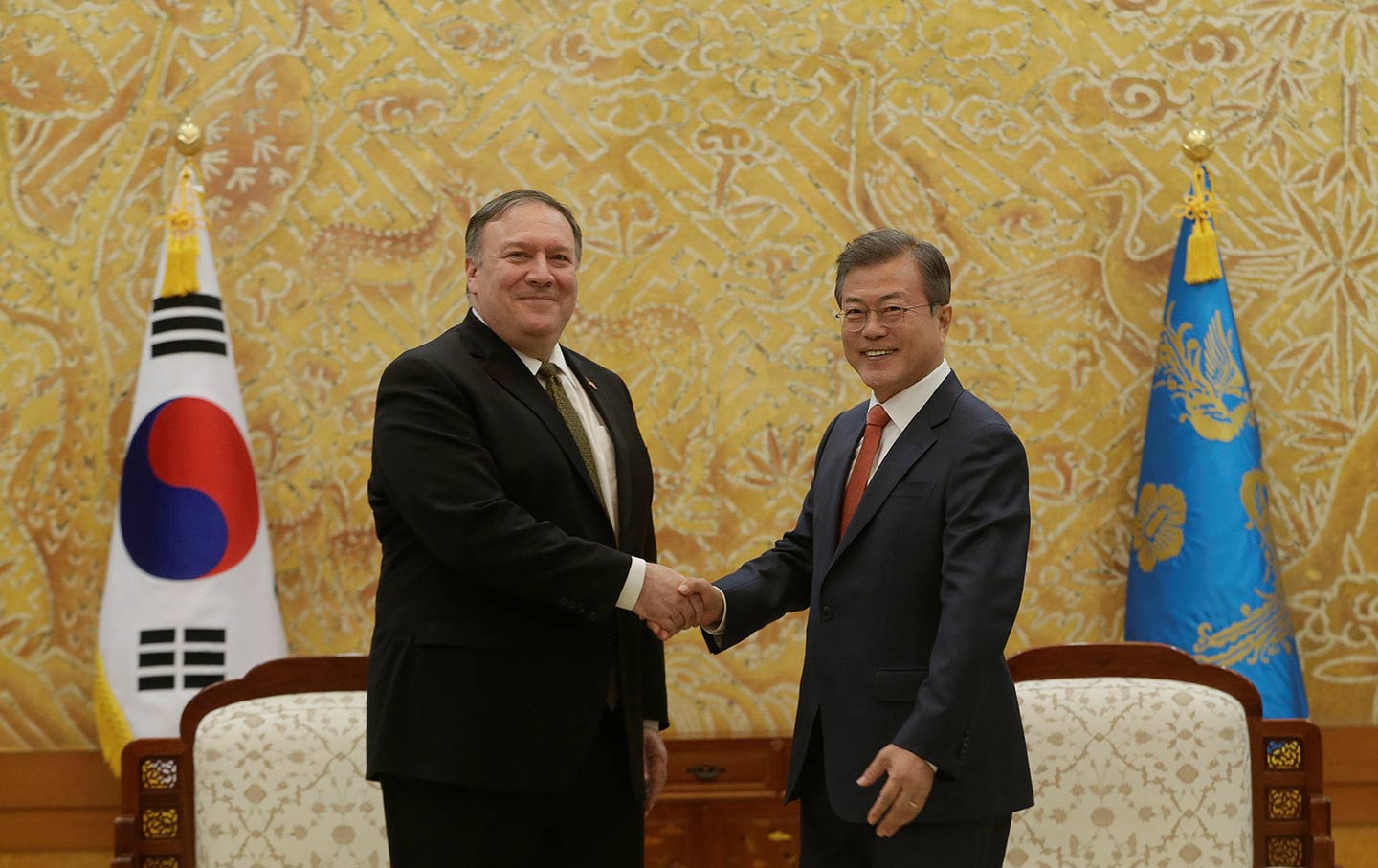
Labels
- ARMENIAN
- CHINESE
- CZECH
- Comitato No Guerra No Nato
- Declaration of Florence
- ENGLISH
- ERIC ZUESSE
- F. William Engdahl
- FINNISH
- FRENCH
- FULL SPECTRUM DOMINANCE
- GERMAN
- GUERRA NUCLEAR
- I 70 ANNI DELLA NATO: DI GUERRA IN GUERRA
- ITALIANO
- LARRY ROMANOFF
- Manlio Dinucci
- NORWEGIAN
- POLSKI
- PORTUGUESE
- PUTIN
- Prof Michel Chossudovsky
- ROMANIAN
- RUSSIAN
- SLOVENIAN
- SPANISH
- SWEDISH
- Shane Quinn
- The Saker
- Thierry Meyssan
- Turkish
- US HEGEMONY
- US NATO War Agenda
- ÍNDICE
DOCUMENTARY AND DRAMATIC FILMS ON NUCLEAR WEAPONS
GIULIETTO CHIESA
FREE JULIAN ASSANGE
WWIII + S SITE
CROATIAN ENGLISH GREEK NEDERLANDS POLSKI PORTUGUESE ROMANIAN SPANISH РУССКИЙ
What part will your country play in World War III?
The true origins of the two World Wars have been deleted from all our history books and replaced with mythology. Neither War was started (or desired) by Germany, but both at the instigation of a group of European Zionist Jews with the stated intent of the total destruction of Germany. The documentation is overwhelming and the evidence undeniable. (1) (2) (3) (4) (5) (6) (7) (8) (9) (10) (11)
That history is being repeated today in a mass grooming of the Western world’s people (especially Americans) in preparation for World War III – which I believe is now imminent.
Friday, October 19, 2018
Trump infuriated & insulted South Koreans when he said “they do nothing without our approval”

Manifestações
Ukrainian journalist about Donbass
2007 Speech
UKRAINE ON FIRE
Discurso do Presidente da Rússia, Vladimir Putin, na manhã do dia 24 de Fevereiro de 2022
Discurso do Presidente da Rússia, Vladimir Putin, Tradução em português
Presidente da Rússia, Vladimir Putin: Cidadãos da Rússia, Amigos,
Considero ser necessário falar hoje, de novo, sobre os trágicos acontecimentos em Donbass e sobre os aspectos mais importantes de garantir a segurança da Rússia.
Começarei com o que disse no meu discurso de 21 de Fevereiro de 2022. Falei sobre as nossas maiores responsabilidades e preocupações e sobre as ameaças fundamentais que os irresponsáveis políticos ocidentais criaram à Rússia de forma continuada, com rudeza e sem cerimónias, de ano para ano. Refiro-me à expansão da NATO para Leste, que está a aproximar cada vez mais as suas infraestruturas militares da fronteira russa.
É um facto que, durante os últimos 30 anos, temos tentado pacientemente chegar a um acordo com os principais países NATO, relativamente aos princípios de uma segurança igual e indivisível, na Europa. Em resposta às nossas propostas, enfrentámos invariavelmente, ou engano cínico e mentiras, ou tentativas de pressão e de chantagem, enquanto a aliança do Atlântico Norte continuou a expandir-se, apesar dos nossos protestos e preocupações. A sua máquina militar está em movimento e, como disse, aproxima-se da nossa fronteira.
Porque é que isto está a acontecer? De onde veio esta forma insolente de falar que atinge o máximo do seu excepcionalismo, infalibilidade e permissividade? Qual é a explicação para esta atitude de desprezo e desdém pelos nossos interesses e exigências absolutamente legítimas?
ARRIVING IN CHINA
/https://www.niagarafallsreview.ca/content/dam/thestar/news/canada/2021/09/25/huawei-executive-meng-wanzhou-receives-warm-welcome-upon-return-to-china/_1_meng_wanzhou_2.jpg)
APPEAL
manlio + maria
sister site
Pages
MOON OF SHANGHAI site
LR on CORONAVIRUS
L Romanoff
manlio
James Bacque
no warno nato sign this petition
BYOBLU
irmãos de armas
Subtitled in PT, RO, SP
Click upon CC and choose your language.
manlio
VP

The President of Russia delivered
the Address to the Federal Assembly. The ceremony took
place at the Manezh Central Exhibition Hall.
January
15, 2020
vp
brics

PT -- VLADIMIR PUTIN na Sessão plenária do Fórum Económico Oriental
Excertos da transcrição da sessão plenária do Fórum Económico Oriental
THE PUTIN INTERVIEWS

The Putin Interviews
by Oliver Stone (FULL VIDEOS) EN/RU/SP/FR/IT/CH
http://tributetoapresident.blogspot.com/2018/07/the-putin-interviews-by-oliver-stone.html
TRIBUTE TO A PRESIDENT
NA PRMEIRA PESSOA
Um auto retrato surpreendentemente sincero do Presidente da Rússia, Vladimir Putin
CONTEÚDO
Prefácio
Personagens Principais em 'Na Primeira Pessoa'
Parte Três: O Estudante Universitário
Parte Quatro: O Jovem especialista
Parte Cinco: O Espia
Parte Seis: O Democrata
Parte Sete: O Burocrata
Parte Oito: O Homem de Família
Parte Nove: O Político
Apêndice: A Rússia na Viragem do Milénio
contaminação nos Açores
Subtitled in EN/PT
Click upon the small wheel at the right side of the video and choose your language.















No comments:
Post a Comment
Note: Only a member of this blog may post a comment.